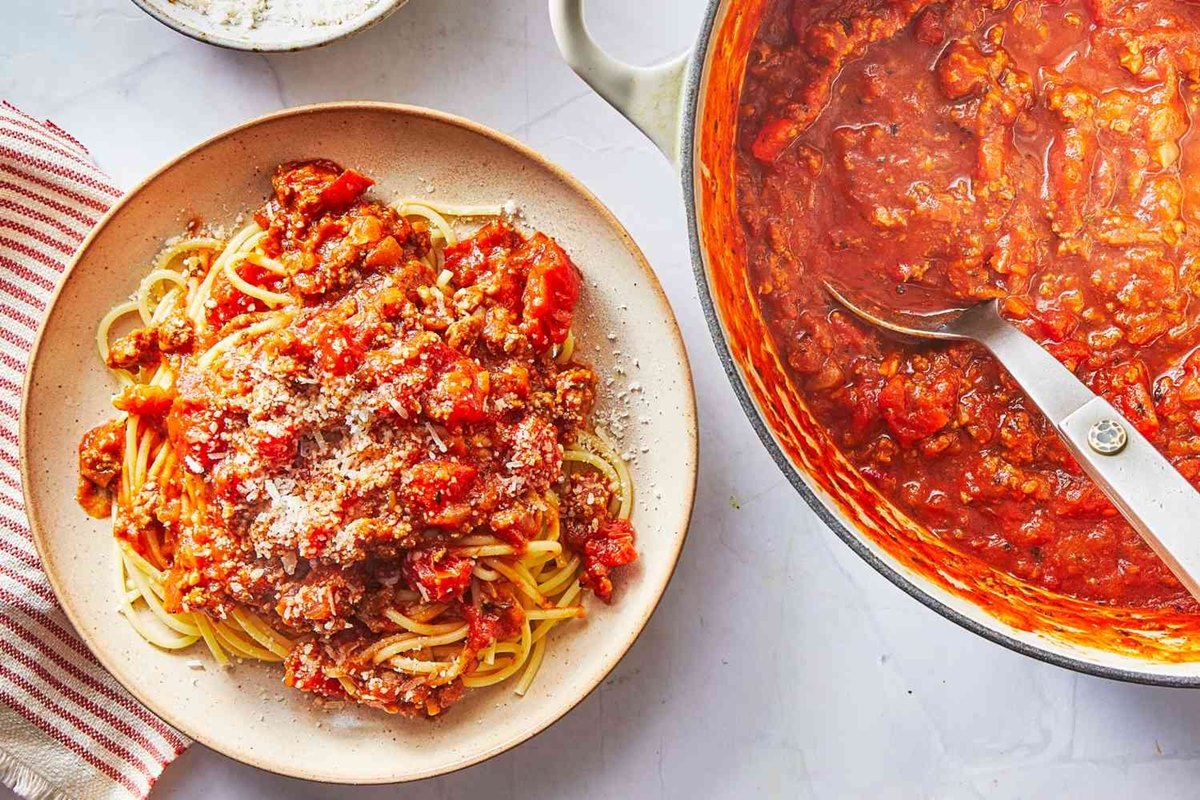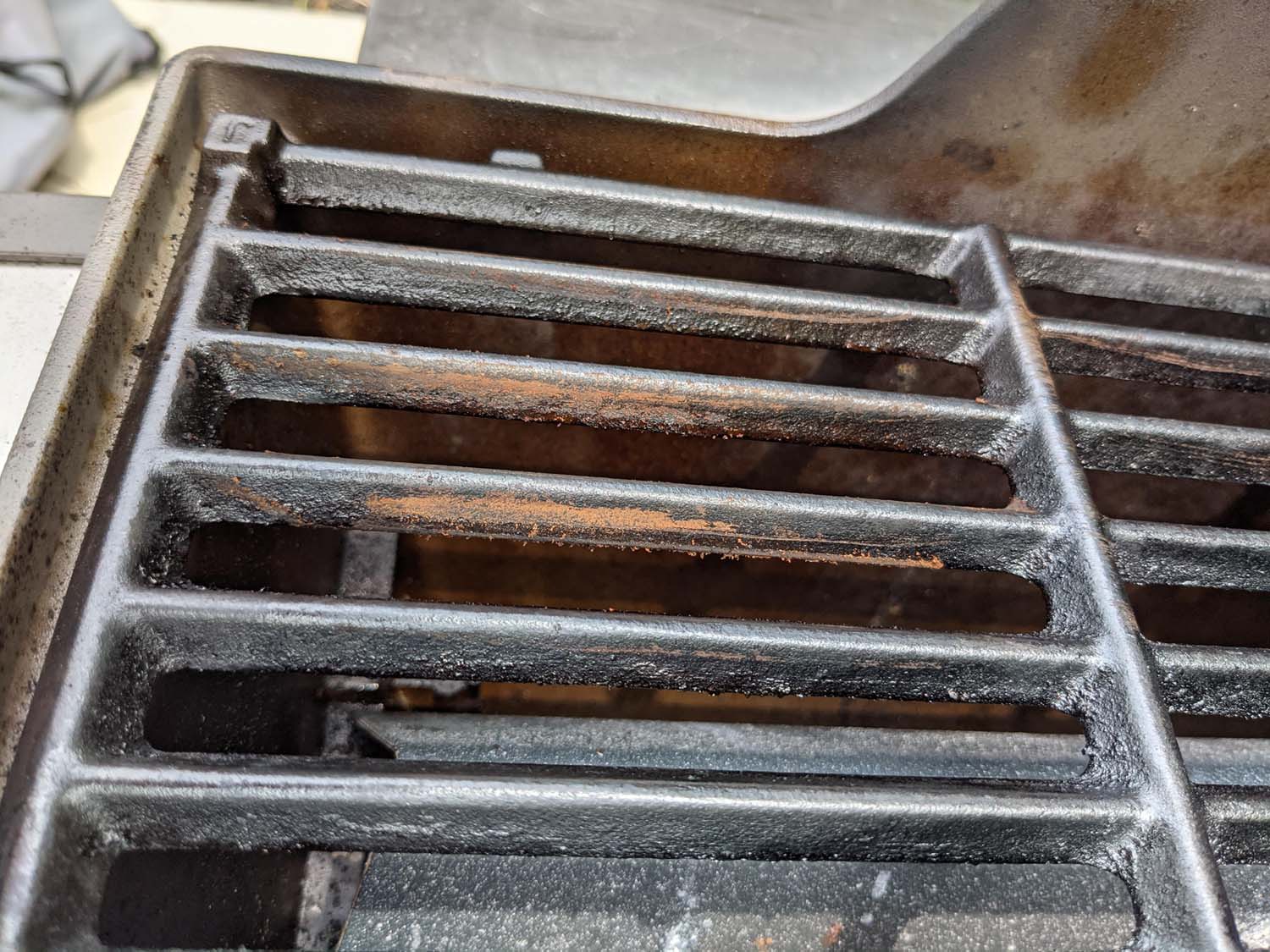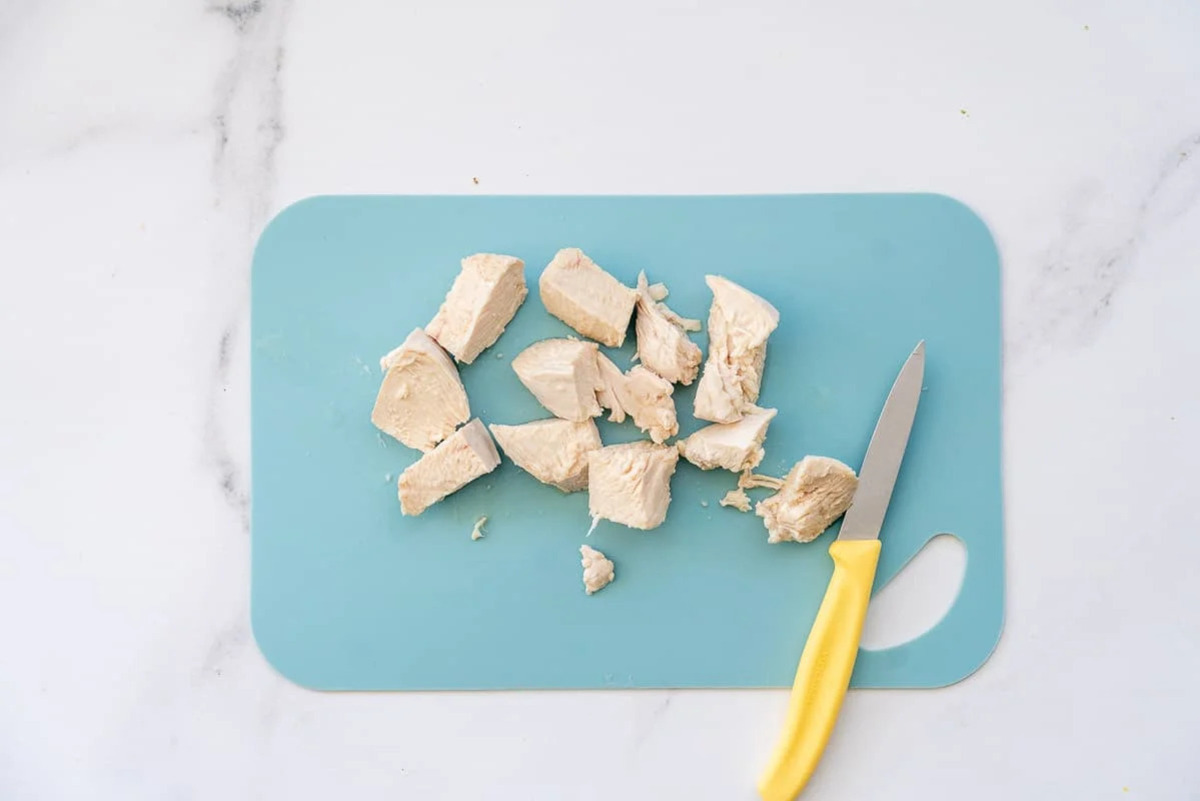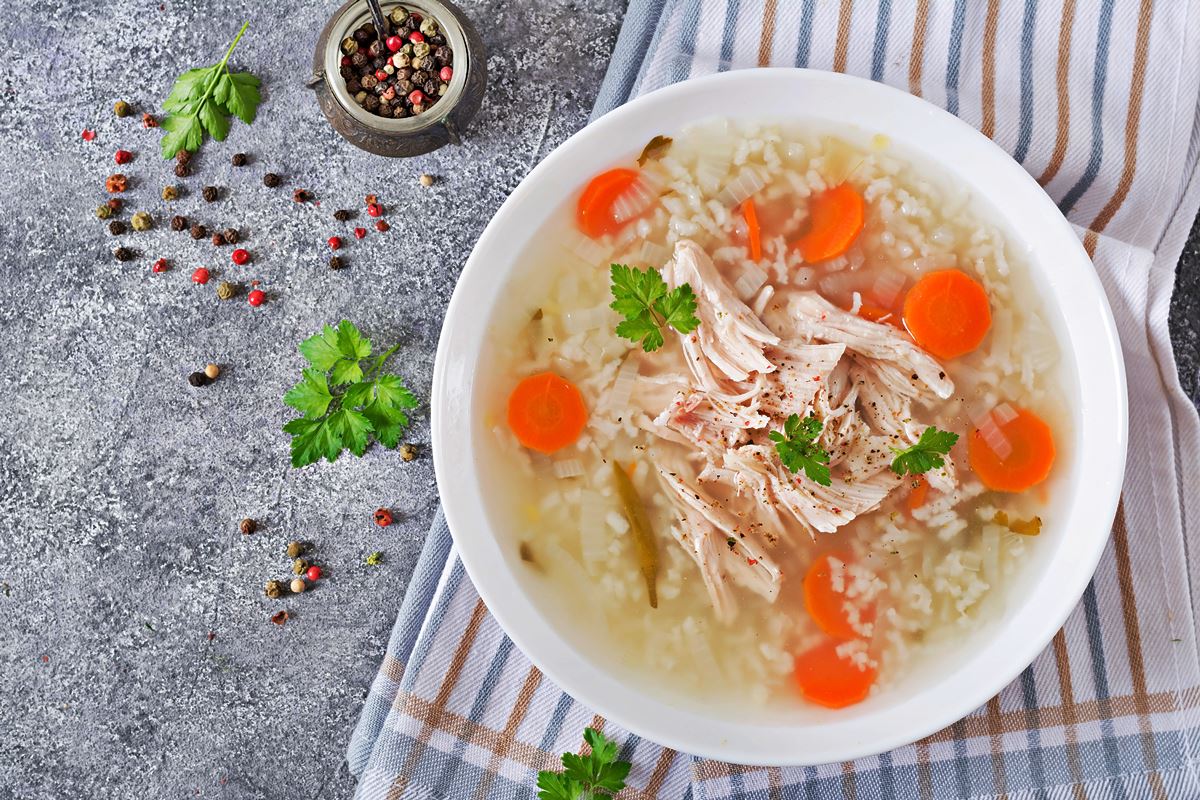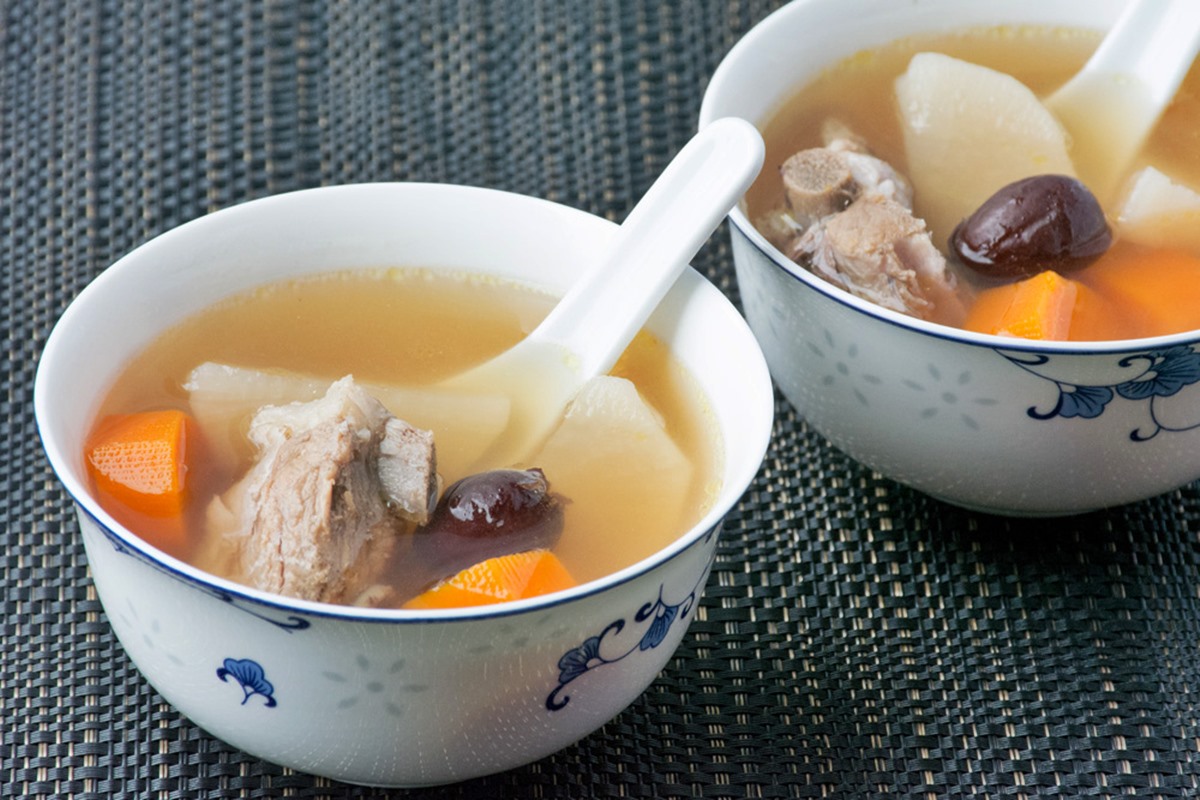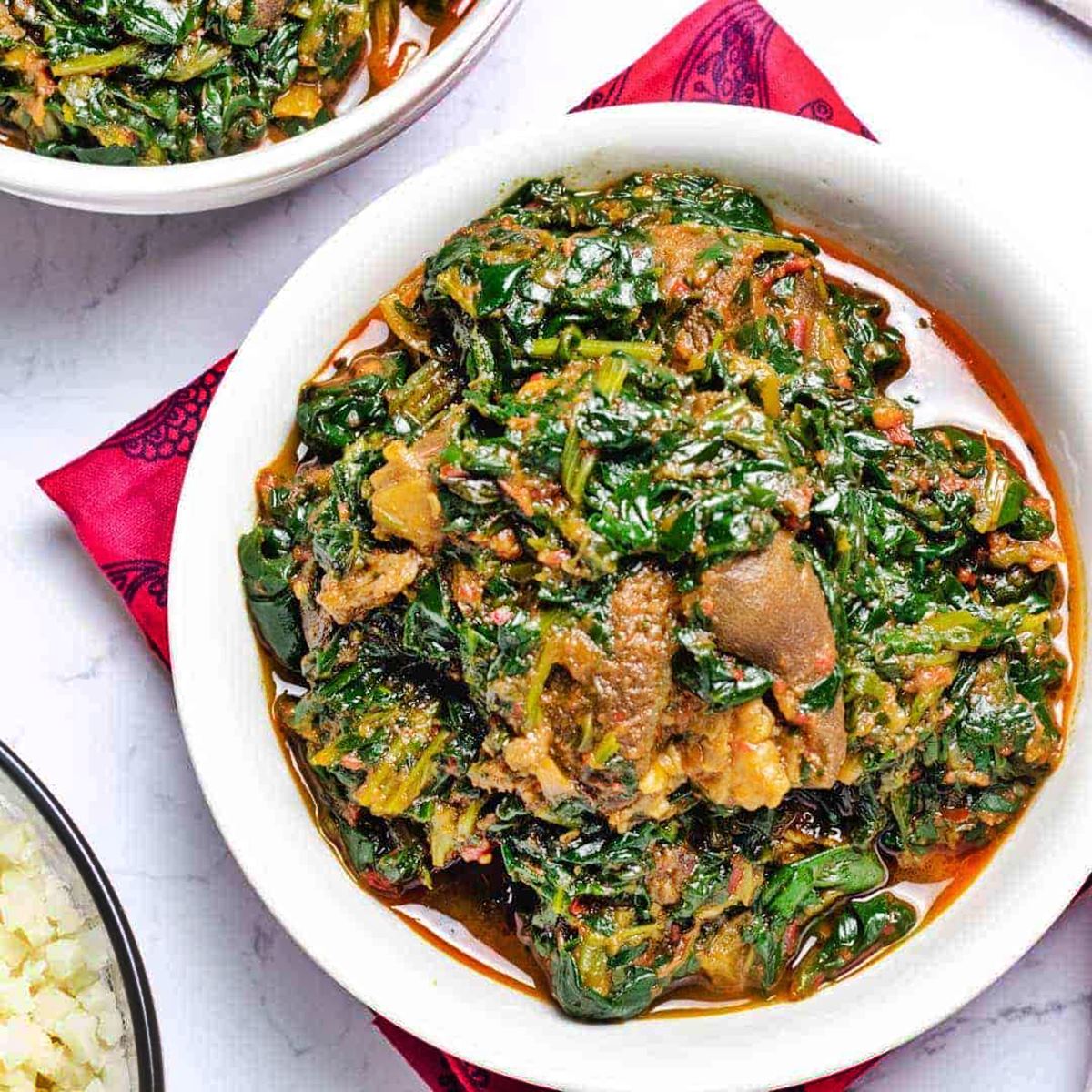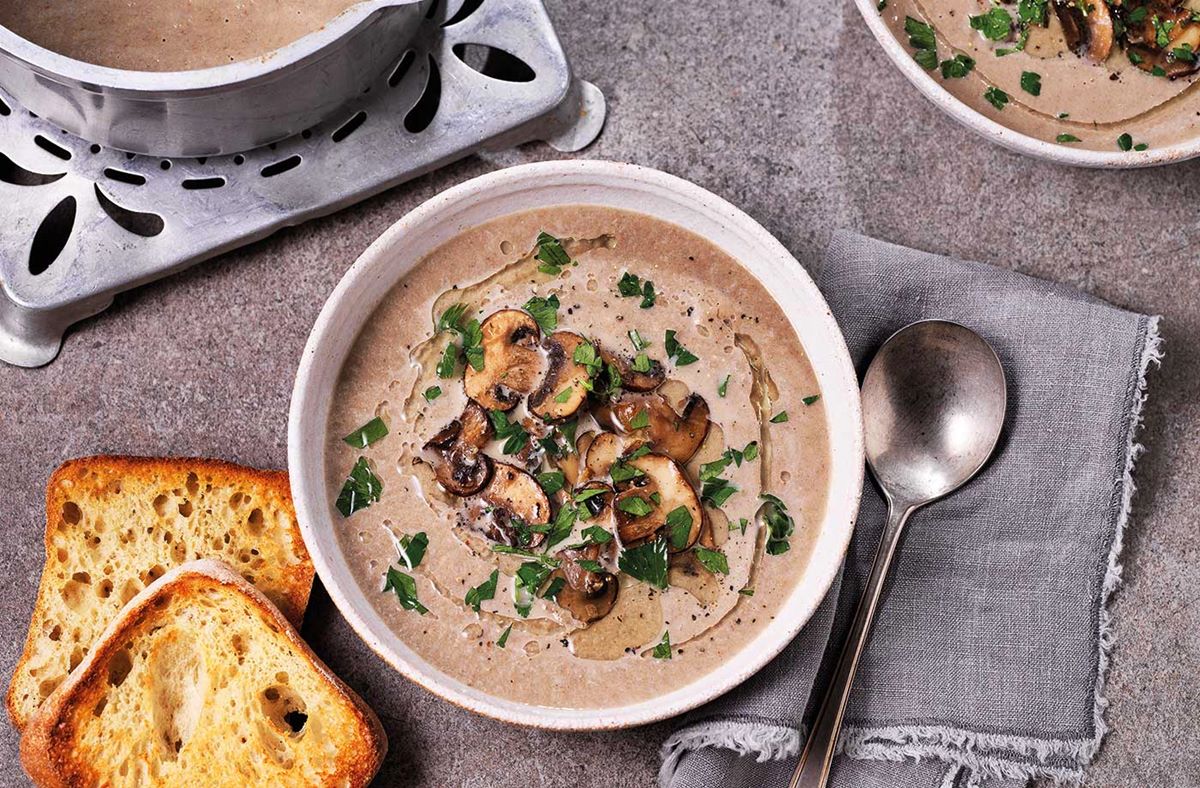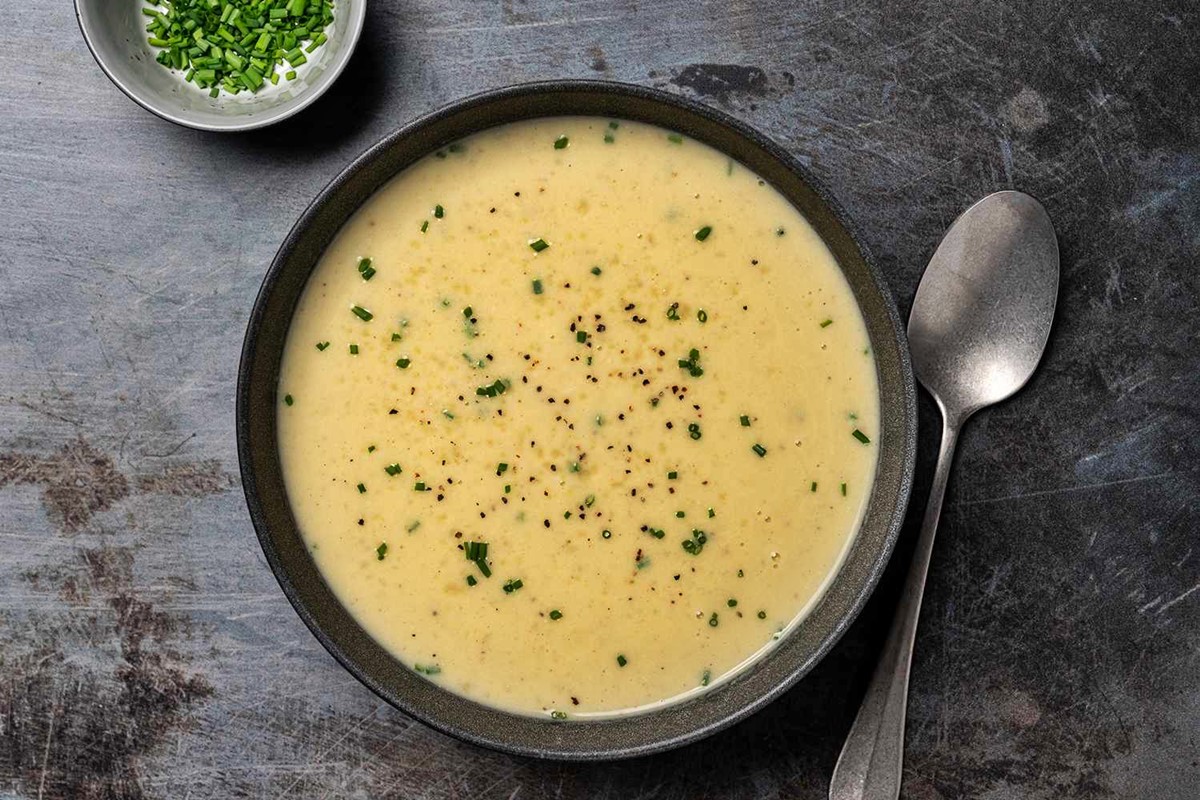How To Counteract Vinegar Taste In Soup
There’s nothing quite as disappointing as having your delicious homemade soup ruined by an overpowering vinegar taste. Luckily, there are several simple and effective ways to combat this unwanted tang and restore the perfect balance of flavors to your soup. So, put away your worries and let’s dive into the world of vinegar-saving techniques!
1. Sweeten it Up
One of the easiest ways to neutralize an excessive vinegar taste is by adding a sweet element to your soup. Consider tossing in a spoonful of honey, a pinch of sugar, or a splash of maple syrup. These natural sweeteners will help balance out the acidity and bring back a more harmonious taste profile.
2. Cream it Out
If your soup has a cream or dairy base, a dollop of sour cream or a splash of heavy cream can work wonders in mellowing out the vinegar flavor. The creamy texture will not only help to counterbalance the acidity but also add a velvety richness to your soup.
3. Bulk it Up
Another effective technique is to increase the volume of your soup. This can be achieved by adding more liquid or additional ingredients such as vegetables, meat, or beans. By diluting the vinegar with a larger quantity of other flavors, you can diminish its impact on the overall taste of the soup.
4. Acid-Base Balance
Consider adjusting the acid-base balance of your soup. If the vinegar taste is too strong, try adding a pinch of baking soda. Baking soda will help to neutralize the excessive acidity and bring back the desired level of tang. However, use this method sparingly, as too much baking soda can alter the taste of the soup.
5. Savory Savers
If you prefer a more savory approach, you can try adding ingredients that complement the vinegar flavor. Umami-rich ingredients like miso paste, soy sauce, or Worcestershire sauce can help mask the vinegar taste and add depth to your soup. Additionally, herbs such as basil, parsley, or thyme can work wonders in balancing out the flavors.
6. Time is on Your Side
Patience can be a valuable ally when combating a strong vinegar taste. Allow your soup to simmer for an extended period, giving the flavors ample time to meld together. The longer cooking time can help mellow out the acidity and create a more well-rounded taste profile.
7. Start Over
If all else fails and the vinegar taste remains overpowering, it might be best to start over. Pour out the soup and begin again, adjusting the vinegar quantity from the start. It may seem like a waste, but it’s better to have a delicious soup than waste valuable ingredients on a disappointing outcome.
So, the next time you find yourself facing a vinegar dilemma in your beloved soup, don’t panic! With these tips and tricks, you’ll be able to counteract the vinegar taste and achieve soup perfection in no time. Happy cooking!
